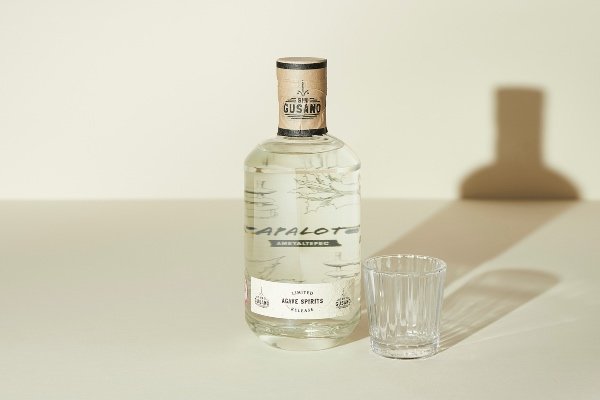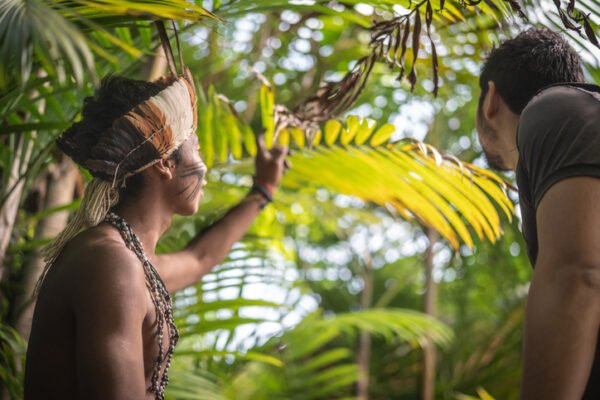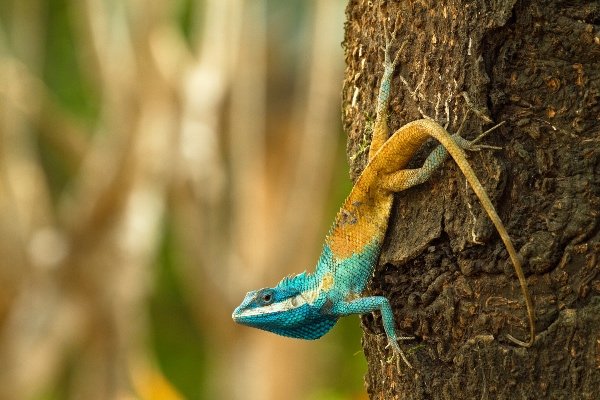This article first appeared in our World Environment Day Day 2023 issue of My Green Pod Magazine, published on 05 June 2023. Click here to subscribe to our digital edition and get each issue delivered straight to your inbox
‘I called my boss from a hammock on Mazunte beach, on the coast of Oaxaca, and told him I wasn’t ready to make the move’, remembers Jon Darby. ‘I felt I was getting a lot more of what I needed at that time in my life than I’d get if I returned to the role waiting for me – at a new sales desk focused on the European oil and gas market.’
Jon was on a life-changing trip, unexpectedly extended from a 10-day break to visit a friend to a three-month journey exploring the far south of Mexico.
During that time he visited some remote distilleries and developed an appreciation for the ancient craft employed in making mezcal – an artisan spirit made, like tequila, from agave.
On returning to London, Jon visited every mezcal-selling bar in London only to find that, much like his career, a certain spark was missing.
‘They may have been great bars for other reasons’, Jon reasons, ‘but nobody was putting the focus on the things that had started to fascinate me about these spirits – namely that the traditional stuff is made in incredibly small batches, in a style that’s harmonious with the community it’s from.’
Community spirit
Mexico is one of the most culturally and environmentally diverse countries on the planet – the state of Oaxaca alone is home to more plant species than the whole of Europe – and all that diversity shines through in its local spirits.
Different species of the agave plant are endemic to different regions; each area also has its own tools and recipes, leading to unique flavours in the mezcal produced. Batches from the same place also vary due to the artisan nature of production.
Jon calls real artisan agave spirits ‘pre-industrial products’, as they’re made at a tiny scale, in
harmony with the natural environment and to a gusto histórico flavour profile – the developed preference of a local community.
‘Not only does the good stuff rarely reach the export markets’, Jon tells us, ‘but a lot of it doesn’t even leave the very community in which it’s made.’
Nevertheless, the agave spirits industry as a whole is booming. In the US tequila sales are set to outstrip bourbon this year, and in the UK mezcal is the fastest-growing spirits category.
Yet Jon warns that sales growth isn’t the only import thing to consider. ‘With increased demand for the product comes increased pressure on local resources’, he explains, ‘most notably, when it comes to mezcal production, on water and wood. The issue of monocropping and the attendant degradation of soil quality is also having a devastating impact on the biodiversity and landscape of some agave-growing communities.’
As is often the case, it’s the international conglomerates with celebrity-backed brands that are getting rich from this industrial growth; those harvesting the agave continue to earn Mexico’s minimum wage.
‘It’s a real dichotomy because the people and the communities making the most fascinating micro-batch agave spirits, in the most traditional way, are often also among the poorest financially’, Jon reveals. ‘They would benefit hugely from a healthy industrial boom in the market for the product they make. But evidence from the tequila industry suggests such a boom wouldn’t be healthy, and that they’d lose out environmentally.’
What’s in a name?
Part of the problem is the regulatory framework behind the denomination of origin (D.O.) for ‘mezcal’, which has been largely copied from the tequila industry.
While the tequila D.O. has been a huge success in commercial terms, Jon argues it has taken a previously artisan product and created a race to the bottom in terms of its finished quality.
‘The tequila industry is awash with substandard products adulterated with chemicals and additives, and mile after mile of monocropped blue agave as far as the eye can see’, Jon tells us. ‘I’ve been to places where trees have died in the middle of an agave field because the soil can’t support diverse life anymore, and the agave only grow with the support of chemical fertilisers.’
The D.O. system, based on Europe’s protected designation of origin (PDO) appellation system, is designed to protect a product from a specific geographic region – and actively excludes lots of small-scale mezcal producers due to their location or some aspect of their process.
 Play Video about This Rock Might Just Save The World
Play Video about This Rock Might Just Save The World Play Video about Play 2 hours of rock
Play Video about Play 2 hours of rock Play Video about Play 2 hours of brook
Play Video about Play 2 hours of brook Play Video about Play 2 hours of sheep
Play Video about Play 2 hours of sheep













































